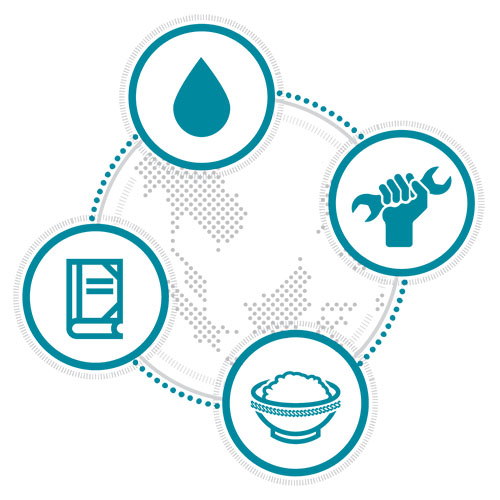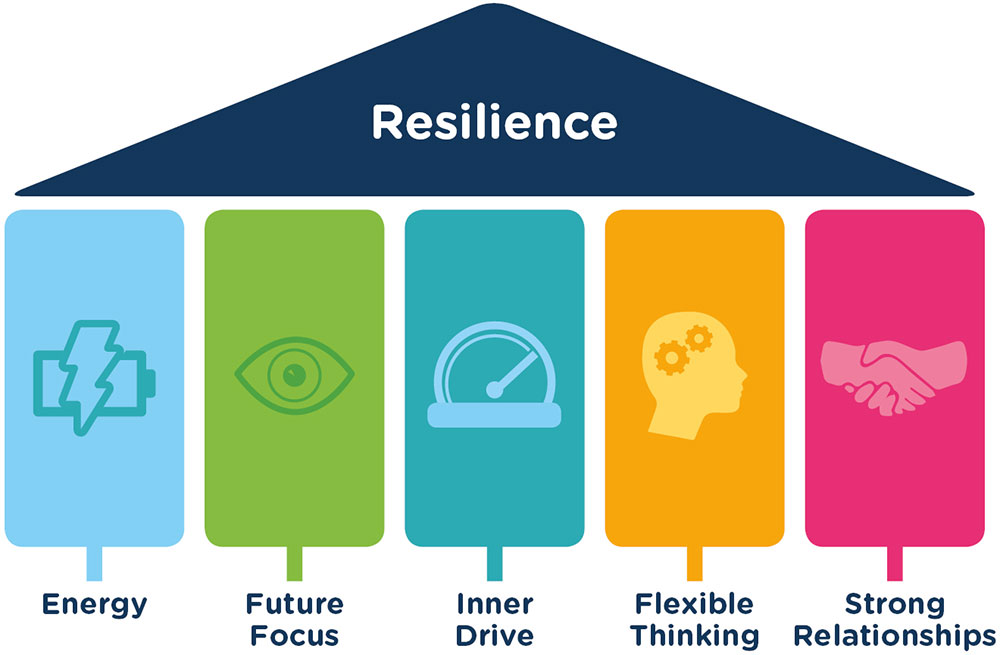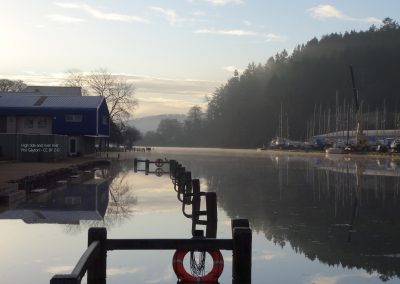–
The Center for Social Innovation (CSI) at Stanford GSB is dedicated to creating social and environmental change in the world. Through research, education, and experiential learning, CSI strengthens the capacity of individuals and organizations to develop innovative solutions for poverty alleviation, access to healthcare and education, sustainable development, environmental protection, human rights, and more.
SOUTH DEVON RESILIENCE STRATEGY
BLC’s definition of resilience:
A resilient person is able to take a blow, a loss, a shock, or a challenge and muster internal and external resources to build muscle and rise to a new level of potential. Nobody can do this on their own. Relationships are as important as access to internal and external resources.
It is the same for a place, or region. The more connections exist between people and between organisations, the more access there is to help and resources…. the more conversations take place…. the more challenges are shared…. the greater the diversity of solutions…. the more a collective will emerges. Then a ‘can do’ culture threads through everything.
Bioregional Learning Centre is developing a resilience strategy for South Devon. Our purpose as an organisation is not to offer yet another plan, instead it is to invite many stakeholders to gather and together design a strategy for collective impact. Collective Impact is a model developed by the Stanford Centre for Social Innovation, designed to enable community-sourced solutions to large and complex issues. It draws on the principle of co-design with the users of the system, shared vision, strategy, measurement and principles. To support that, BLC has formed as a backbone organisation around which many existing organisations can align. We are focusing on relationship building and facilitation.
5 Pillars of Resilience model from The Wellbeing Project
Context
The reason for this focus on resilience is that we are in a period of rapid change and growing uncertainty, facing many future challenges. Around the world, environmental issues are as pressing as economic, health and social challenges. Climate change, pollution by plastics and toxins, loss of topsoil and non-human species, limits to natural resources of all kinds, the spread of diseases, droughts, wildfires, wild weather and floods affect us all. Both economically and ecologically. And it is going to take all of us, not just governments and experts, to come up with effective responses.
Our Response
To have impact, those responses need to be ‘systemic’, addressing the issues from many angles, and include widescale human-behaviour change. While national and local governments are more focused on short-term economic growth, there is no shortage of scientific, social and economic analysis and models that give us the data and ways to action that we need in order to plan into the future for a changing world. BLC has been surveying these (as well as existing local plans) and modelling what future resilience would look like in this region. We are planning a Climate Resilience Summit as a next step with a view to establishing a distributed team that sits within many organisations and sectors in South Devon and holds a shared responsibility and shared goal for resilience. It will include experts of all kinds as well as civil society.

The reason for this focus on resilience is that we are in a period of rapid change and growing uncertainty, facing many future challenges. Around the world, environmental issues are as pressing as economic, health and social challenges. Climate change, pollution by plastics and toxins, loss of topsoil and non-human species, limits to natural resources of all kinds, the spread of diseases, droughts, wildfires, wild weather and floods affect us all. Both economically and ecologically. And it is going to take all of us, not just governments and experts, to come up with effective responses.


